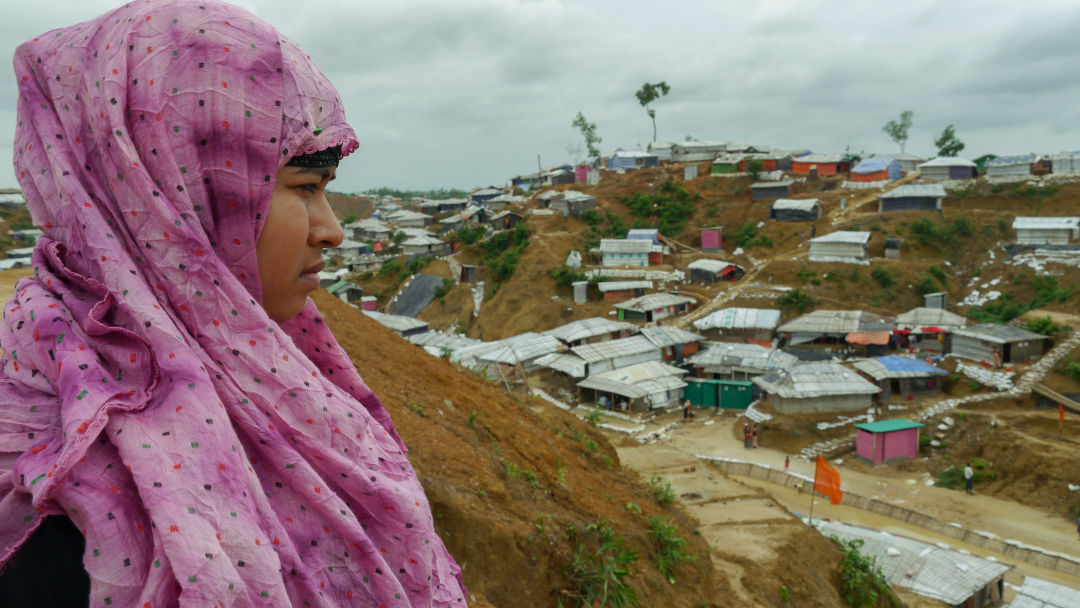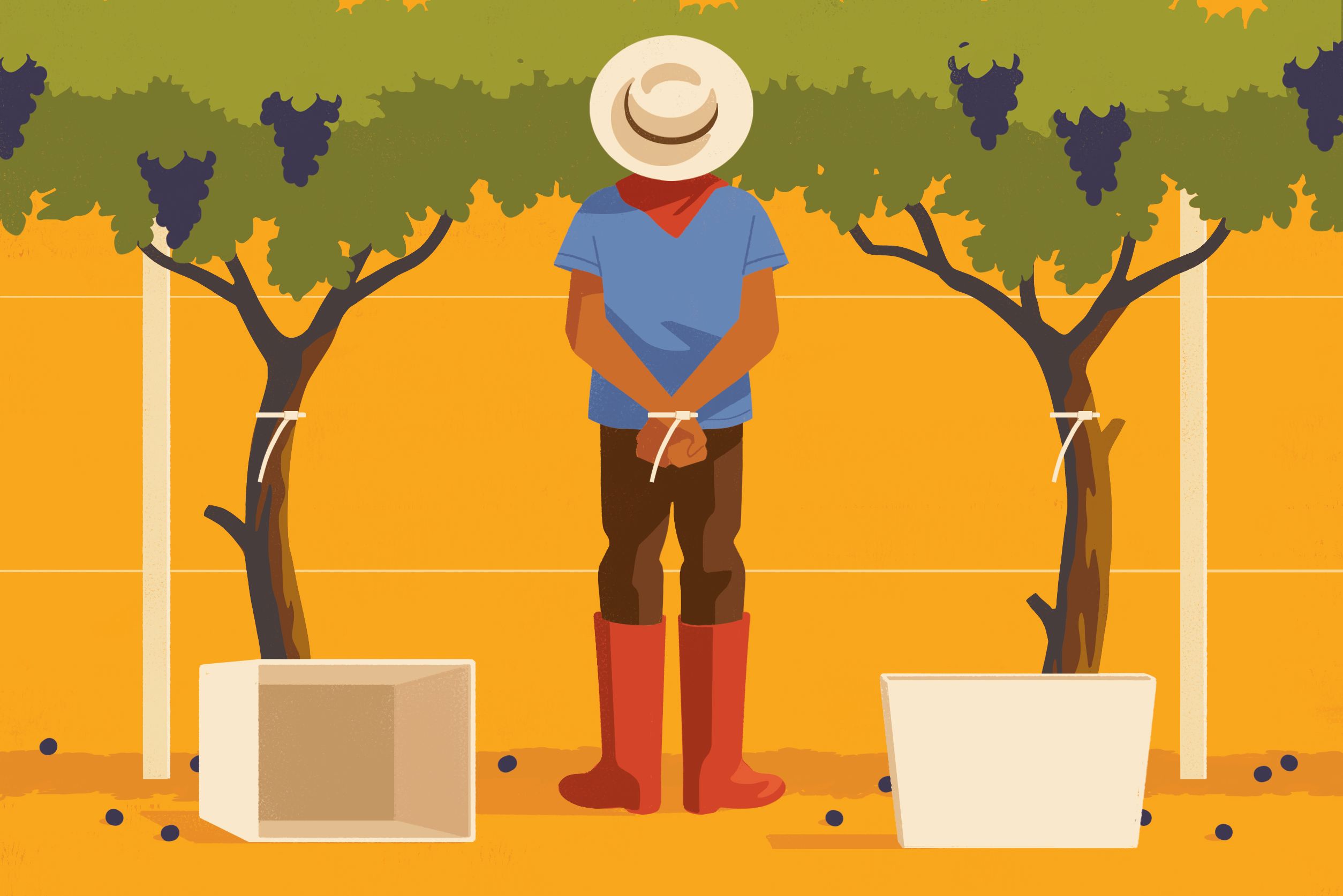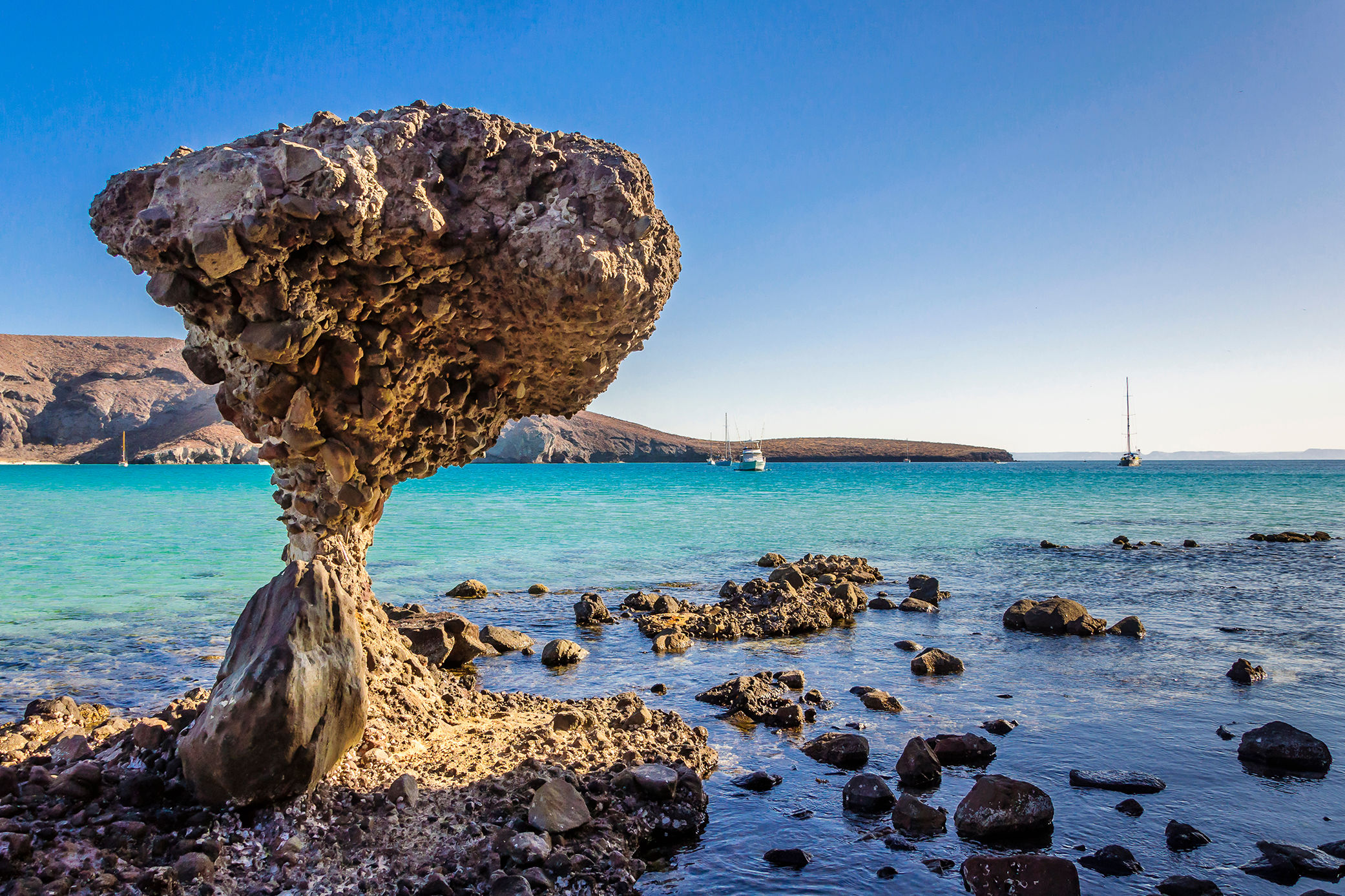A New Documentary Exposes Sexual Violence Against Myanmar’s Rohingya

Image: Kirana Productions
A new documentary, Mother, Daughter, Sister, tells the story of the Rohingya who called Myanmar home—and the women and children who still bear the scars of the sexual assault, violence, and military crackdowns. Through the eyes of four women survivors, the film shows the brutality of the Burmese military.
In majority-Buddhist Myanmar (formerly Burma), the Muslim Rohingya people are a minority—ethnically, linguistically, and religiously. The government's long-held formal recognition of only “eight indigenous races” has prevented the Rohingya from obtaining citizenship, leaving them stateless within their own country. Since 1982, when Myanmar coded its citizenship law, the Rohingya have been subject to what the United Nations has called “a textbook example of ethnic cleansing.” Prior to 2016, an estimated 1 million Rohingya lived in Myanmar, mostly on the western coast in Rakhine State. In recent years, more than 700,000 Rohingya have fled to Bangladesh, where many now live in refugee camps.
We talked with the film’s director, Jeanne Hallacy—a San Francisco– and Bangkok–based documentary producer—and local activist Yusuf Iqbal (who will join Hallacy at the screenings to speak about the crisis) about what they learned, and what we can do to help.
How did you become involved in this documentary?
Jeanne Hallacy: We have a nonprofit production group called Kirana that produces human rights documentary content focused on various issues in Burma, and we use the films as tools for advocacy and public discussion on the issues that are addressed in the film.
Can you give us a brief background on the Rohingya inside of Myanmar?
Yusuf Iqbal: In 1962, General Ne Win came to power with a military coup. He started suppressing all the military opponents and found that nationalism was a good way for him to have a strong base. So, he started suppressing minorities. He wanted to show the Rohingya as a threat to create a base of nationalism. In 1982, the Citizenship Law was enacted, and after some time he excluded the Rohingya. That made the Rohingya stateless. Since then, one scholar has called it a "slow-burning genocide."
Is there a religious aspect to the oppression?
YI: Yes. It was used to divide the two groups [Buddhist and Muslim].
What role does sexual violence play in the story of the Rohingya?
JH: Our film aims to shed light on what has clearly been labeled ethnic cleansing and to make an important link to the practice of rape as a weapon of war. There is clear, unquestionable evidence that rape was widely used against Rohingya women and girls in the ethnic cleansing in Rakhine State. This is not something new. This is a practice that has taken place with impunity for decades.
What can you tell us about the Rohingya here in Portland?
YI: In Portland we estimate there are about 700–1,000 Rohingya people. Many of the Rohingya have been deprived of education, so here we have five or six people who can read and write. But the Rohingya are very determined and hard-working people. If we asked them what do they want, they say they want the atrocities to be known to the world.
The film is very emotional and can be hard to watch. Is there a cinematic balance between telling their story and worrying about the viewers?
JH: I think any documentary filmmaker that is working in the field of human rights has a very heavy and grave responsibility on their shoulders to make sure that whatever they are documenting through their lens and conveying to the public is done with compassion, is done with dignity, and is done with the utmost amount of veracity that they can corroborate.
What can we do to help?
JH: I am strongly urging that the most equitable form of change is education. Access to education. The vast majority of Rohingya are illiterate, the girls in particular. So, if young girls and young women are empowered with education and have critical thinking skills, this will enable them to understand what human rights are, to understand what their own social rights are, and to be able to then start to frame things within their own community—to build upon their community and become leaders.
More information on how to get involved:
Smile Education and Development Foundation
Mother, Daughter, Sister
4 p.m. Sat, Oct 13 (Cinema 21) and 4:30 p.m. Sun, Oct 14 (Taborspace)




